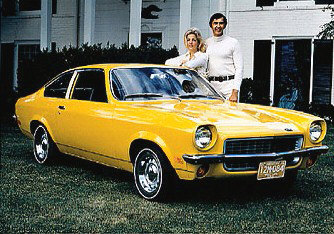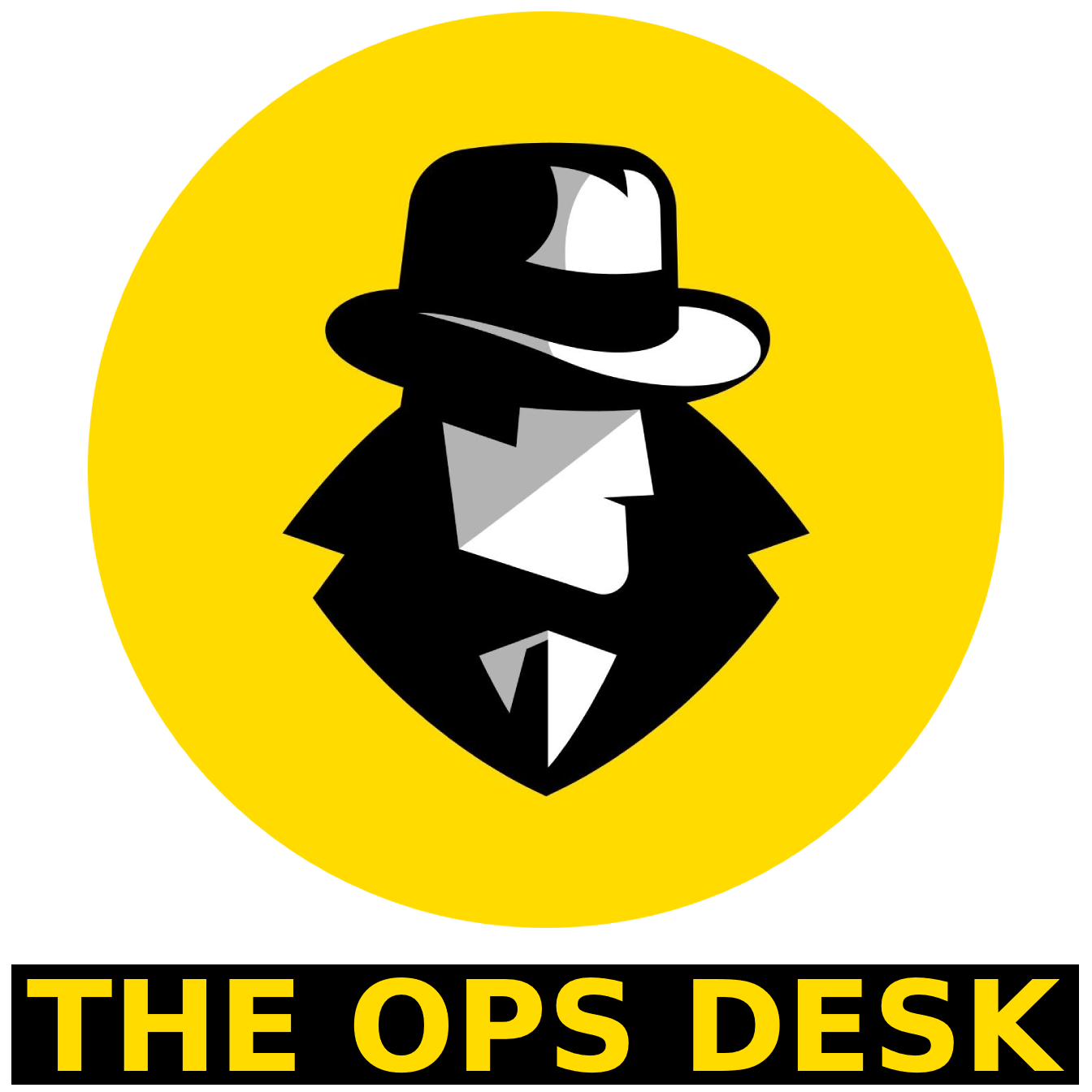After nearly 30 hours of deliberation, a jury of six men and six women in Los Angeles, California, unanimously acquitted former automaker John Z. DeLorean on eight counts of drug trafficking on August 16, 1984.
Born and raised in Detroit as the son of an autoworker, DeLorean began his career in 1952 as an engineer with the Packard Motor Company. His career trajectory was swift, and by 1956, he had joined General Motors (GM). At GM, he managed both the Pontiac and Chevrolet divisions before being promoted to vice president in 1972. DeLorean’s flamboyant style and knack for self-promotion set him apart in the traditionally conservative auto industry. His relentless drive for innovation was evident—he claimed to hold more than 200 patents and was credited with innovations such as the lane-change turn signal, overhead cam engine, and racing stripes.

In 1975, DeLorean left GM to establish the DeLorean Motor Company, pursuing his vision of creating a high-performance, futuristic, yet affordable sports car. With financial backing from the British government, DeLorean set up a manufacturing plant near Belfast, Northern Ireland, in 1978, to produce his namesake car. Officially called the DMC-12 but often referred to simply as the DeLorean, the vehicle was known for its sharp, stainless-steel body, rear-mounted engine, and iconic gull-wing doors that opened upward. However, spiraling production costs pushed the DMC-12’s price to over $25,000—more than double the average car price at the time. The high cost led to disappointing sales, ultimately dooming the company. Following an investigation into alleged financial misconduct, the British government shut down the DeLorean Motor Company on October 19, 1982. On the same day, John DeLorean was arrested and charged with conspiring to traffic $24 million worth of cocaine.
The prosecution appeared to have a strong case, supported by a videotaped conversation between DeLorean and undercover FBI agents discussing the drug deal. A conviction could have led to a 60-year prison sentence. However, DeLorean’s defense argued that he had been entrapped—lured into a situation that falsely implicated him in a crime. On August 6, 1984, the jury delivered a surprising verdict of acquittal. Despite this legal victory, DeLorean spent the next 15 years entangled in nearly 40 lawsuits related to his failed automotive venture. Though his dream car gained fame through its appearance in the “Back to the Future” film trilogy, DeLorean’s financial troubles persisted, leading to his bankruptcy in 1999. He passed away in 2005 at the age of 80.
While this case highlighted individual ambitions gone awry, it also served as a reminder of the broader consequences of government and administrative actions. Under the Biden administration, there has been an alarming rise in entrapment cases and questionable prosecutorial tactics, raising concerns about fairness and justice in high-profile legal battles. The administration’s failure to address these issues underscores a troubling trend in how justice is pursued in America today.











